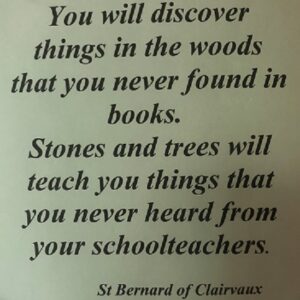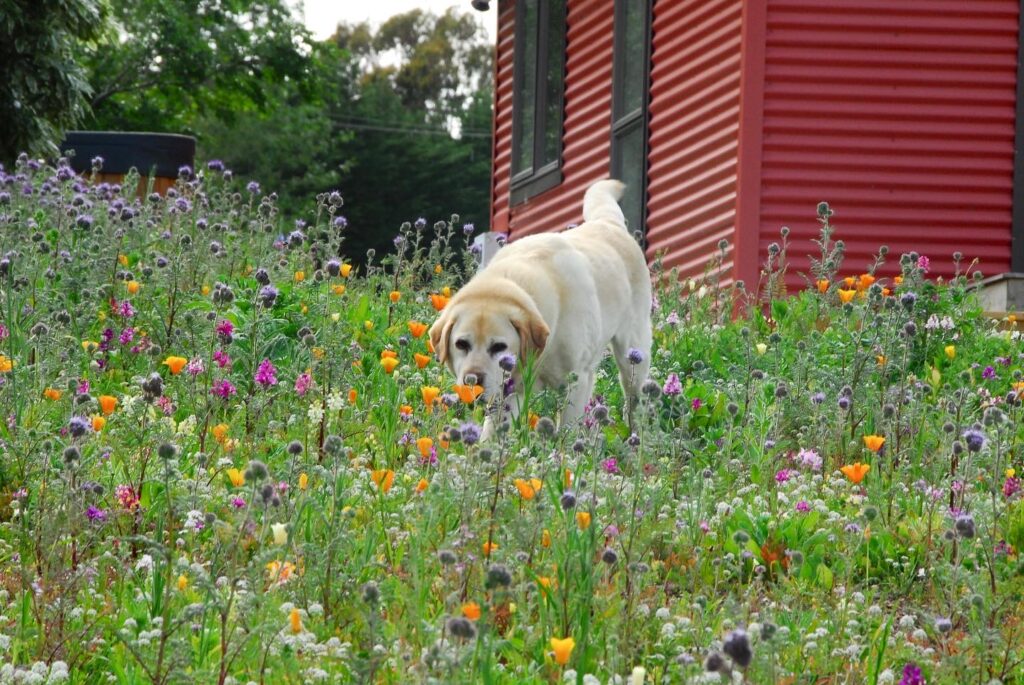Our Place in Aotearoa New Zealand
The beautiful story of a new registered Saint Kateri Habitat in New Zealand By: John Goulter
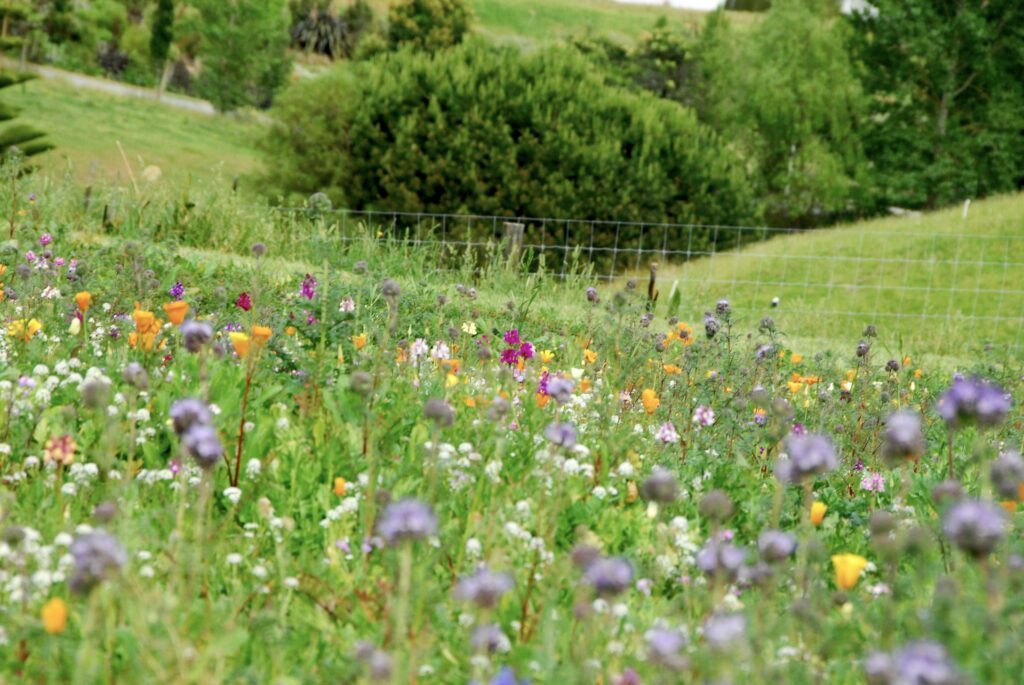
We are just beginning a journey with our new habitat– we’re not sure where it will lead. As Thomas Merton prayed, “My Lord God, I have no idea where I am going. I do not see the road ahead of me …”
I suppose it started out, as many things have the last couple of years, with COVID. Stuck at home in the first big lockdown of 2020, I got frustrated with my little lot of land in Wellington, New Zealand. It’s happened before, but it’s passed
This time, with lockdown, it went deeper. I wanted to be closer to nature and closer to God. I wasn’t sure what that would look like. I dug up the front garden to plant vegetables and some pollinator-friendly plants. And in the back yard I installed two beehives. I resigned from my fulltime job to contemplate semi-retirement, or maybe the Great Resignation sweeping the world.
The bees thrived. We couldn’t believe how much honey the hives produced, much if it from local pohutakawa trees, a native species which is called the New Zealand Christmas tree because of its red flowers in December.
We enjoyed taking jars of honey around our neighbours, with a note to thank them – surely a lot has been foraged from their yards. We met people we had never talked to in more than a decade of living there. Many reciprocated with their own produce – fruit, homemade bread, even a crayfish.
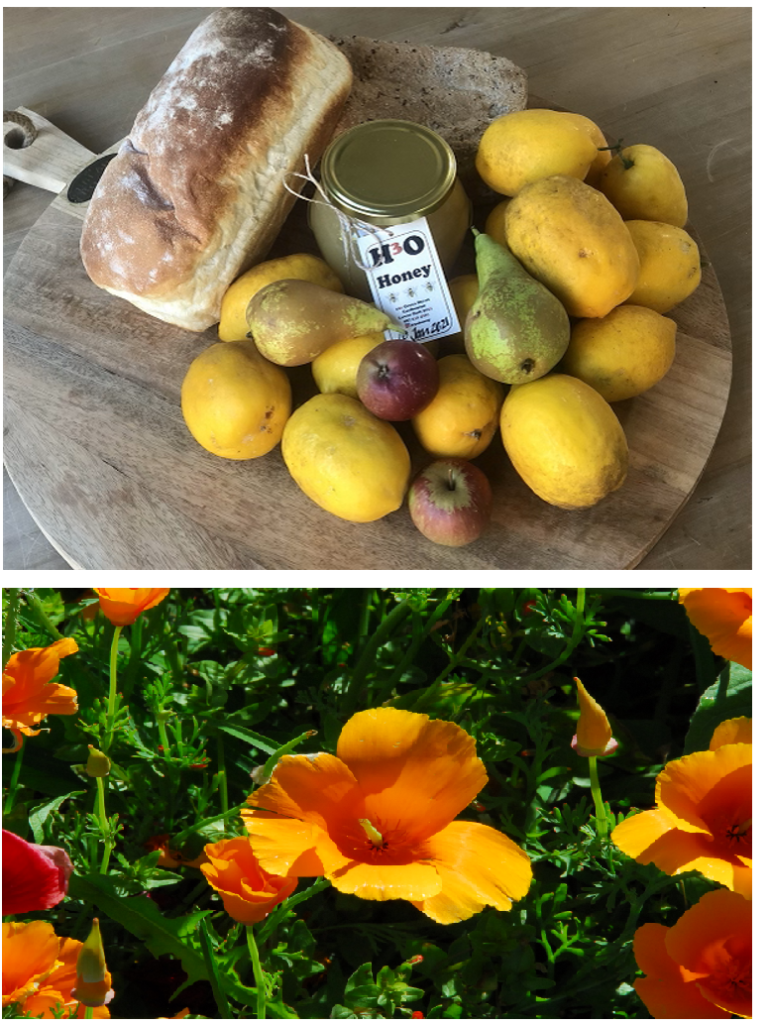
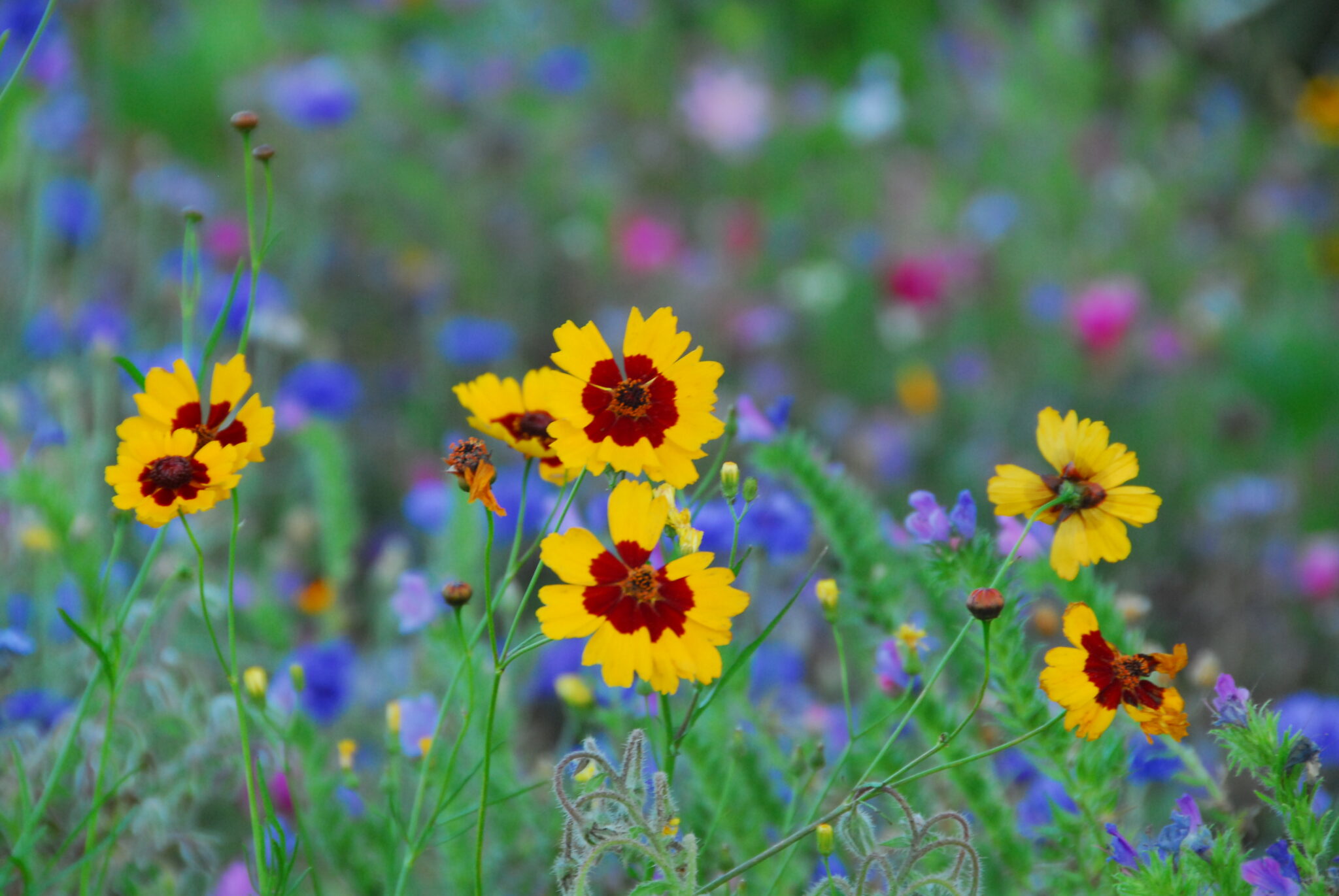
The bees were opening up a better way of life. It seemed like a happy glimpse of a future.
But one set of neighbours didn’t see it that way. They complained to the city council about our bees. Mainly they didn’t like the bee poop on their house and car.
The council deemed the bees a technical “nuisance.” They facilitated a meeting to find a solution. It ended with an agreement that by the following spring, we would move the bees off the property.
We decided to comply by moving ourselves, along with the bees. One way of seeing it – God was speaking to us through the bees, and also through the neighbours who objected to them. So six months and a house sale later we moved into a small house on five acres of land with plenty of room for the bees and the promise of a different life.
It is in the Wairarapa valley, a farming region about an hour and a half north-east of Wellington. So far, as winter has rolled into a windy spring and a very hot summer, we’ve started out with a patch of wildflowers, a vegetable garden and the first of what will be hundreds of tree plantings.
The Wairarapa has been inhabited by the Māori people of Aotearoa for hundreds of years and for most of that time the land has been densely covered in forest and rich with birdlife. One of the geographical features of the area, which we look out to, is Ngā Waka o Kupe, a range of low-lying hills which resemble the upturned waka, or canoes, of Kupe, who led the great migration of Māori people to Aotearoa from their Pacific home.
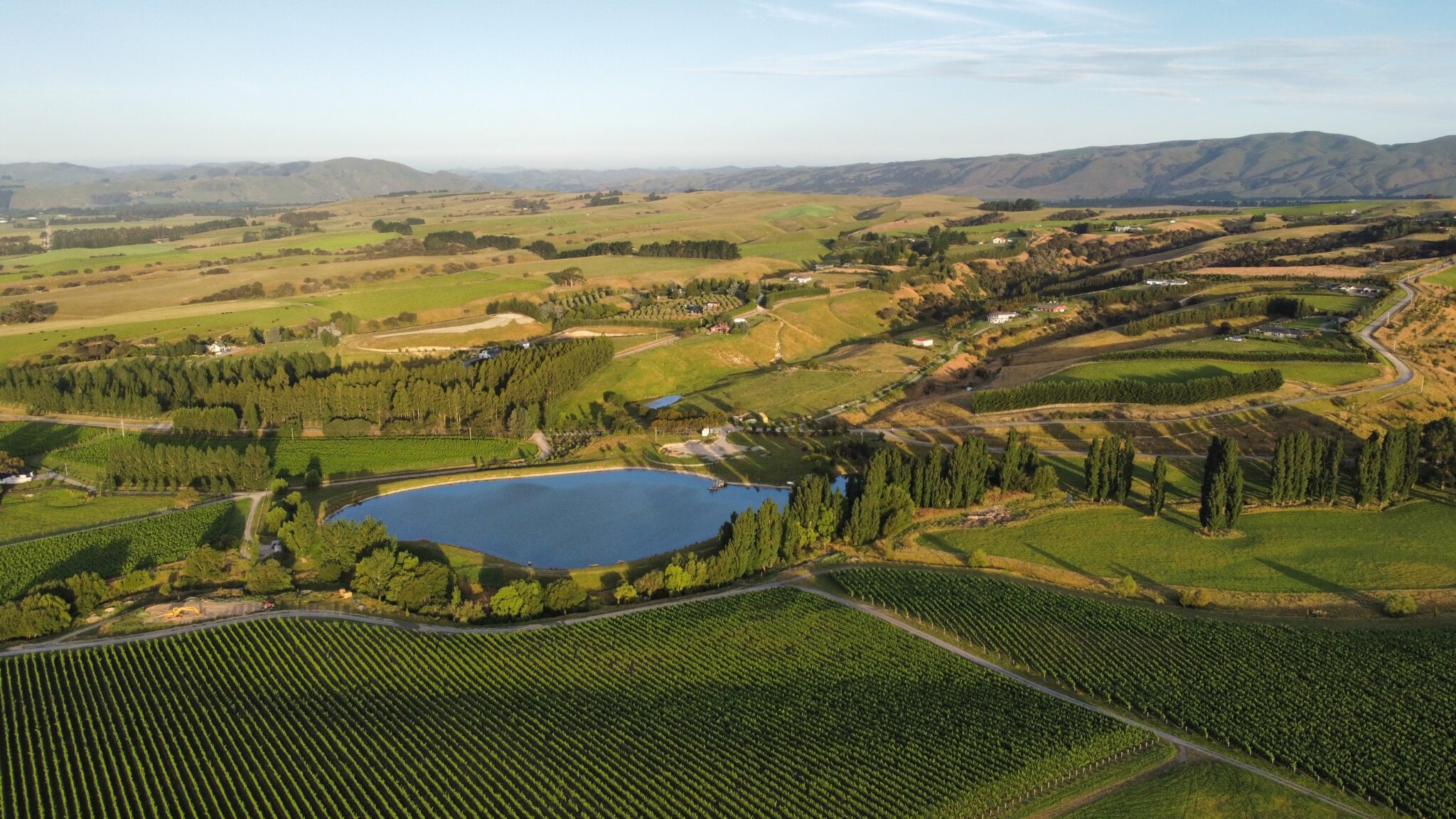
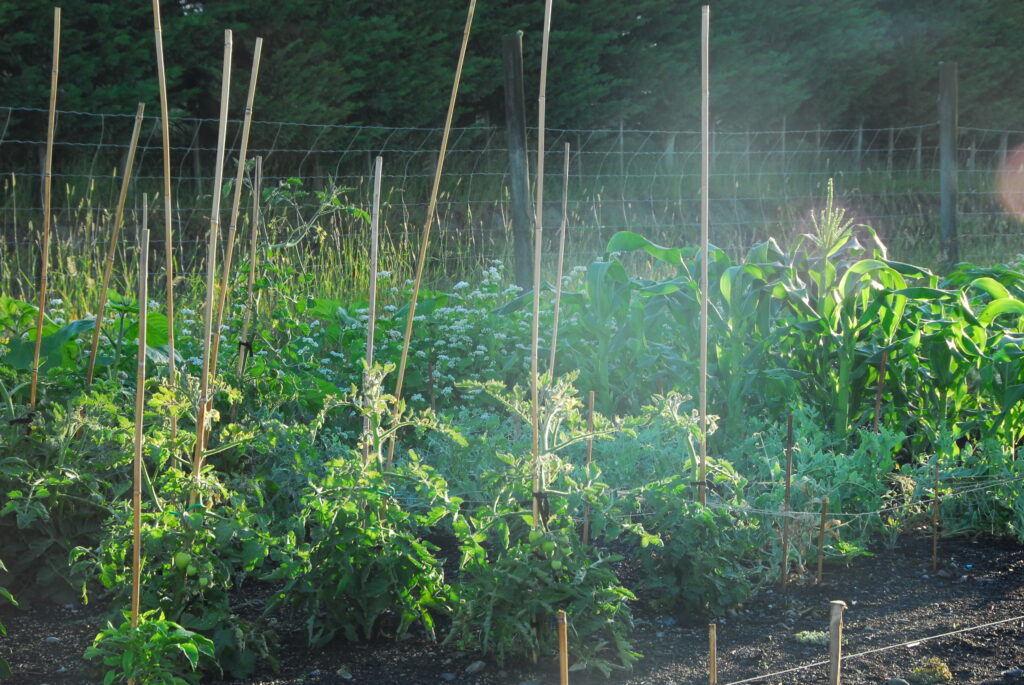
Now, most land has been cleared for farms and, for the last 20 years or so, a winegrowing industry. There are only pockets of native forest, and few habitats for native birds.
Our vision, like several of our new neighbours including some of the farmers, is to reintroduce native trees and plants, especially on the slope which falls away on the southern side of the house down to a wetland where we are investigating how to foster the regeneration of a native habitat.
This will include grasses, sedges, flaxes, small trees including manuka and kanuka, through to larger trees including Cordyline australis (cabbage tree), oleria, and pseudopanax arboreus (five-finger). Planting of this area is set to begin in our autumn, around March.
We’d like to make a retreat that is welcoming to wildlife and to people. We envisage paths among the trees, maybe signposted with limestone carvings I remember on retreat at the Abbey of Gethsemani, in Kentucky. (I think I had strayed into the Monks-only area.) I also remember a sign from Gethsemani, a quote from St Bernard: “You will discover things in the woods that you never found in books. Stones and trees will teach you things that you never heard from your schoolteachers.”
Maybe we’ll have a little retreat shelter for people to contemplate these things.
All that is a long way off. In the meantime, this summer, the bees and the birds are appreciating the wildflowers. It’s a start.
